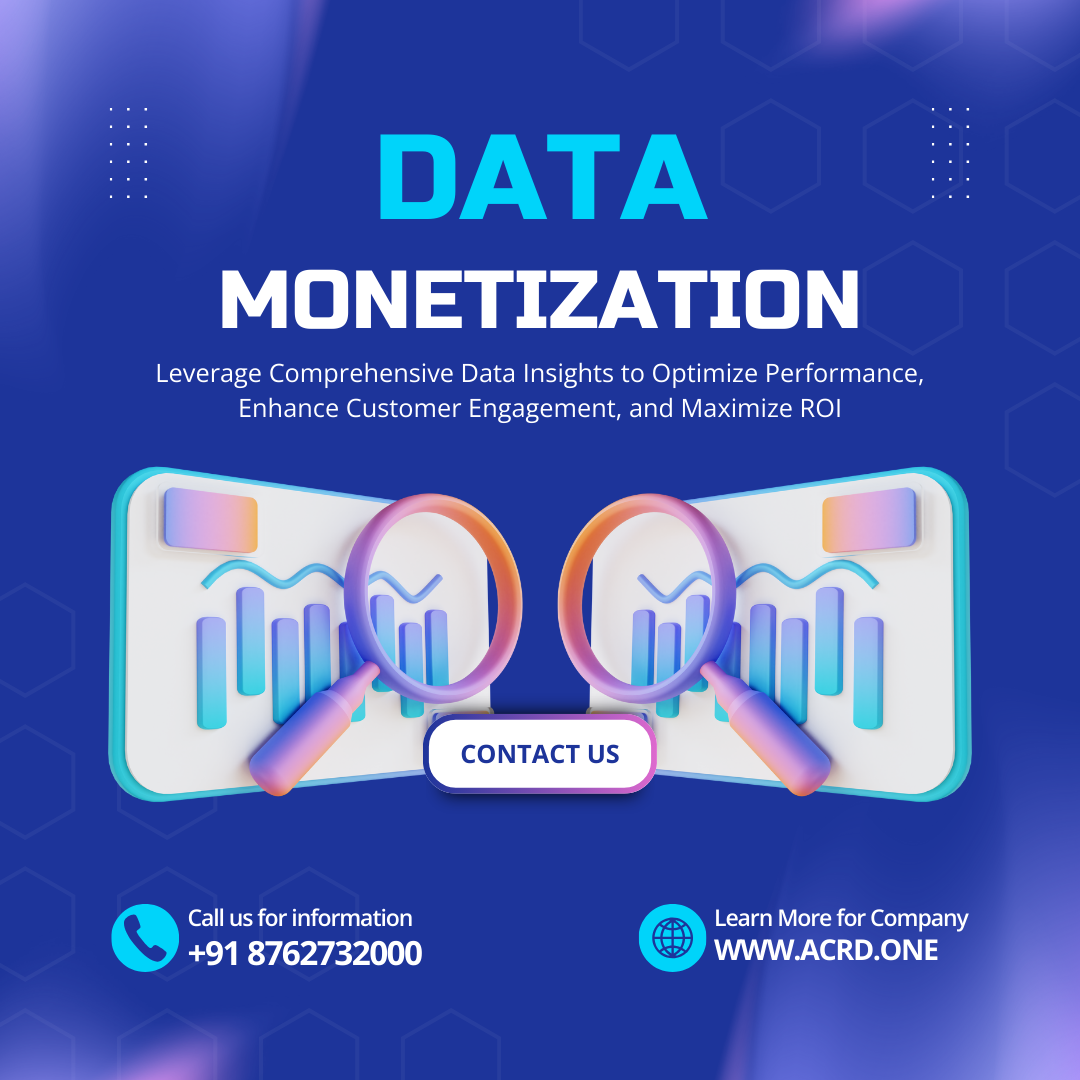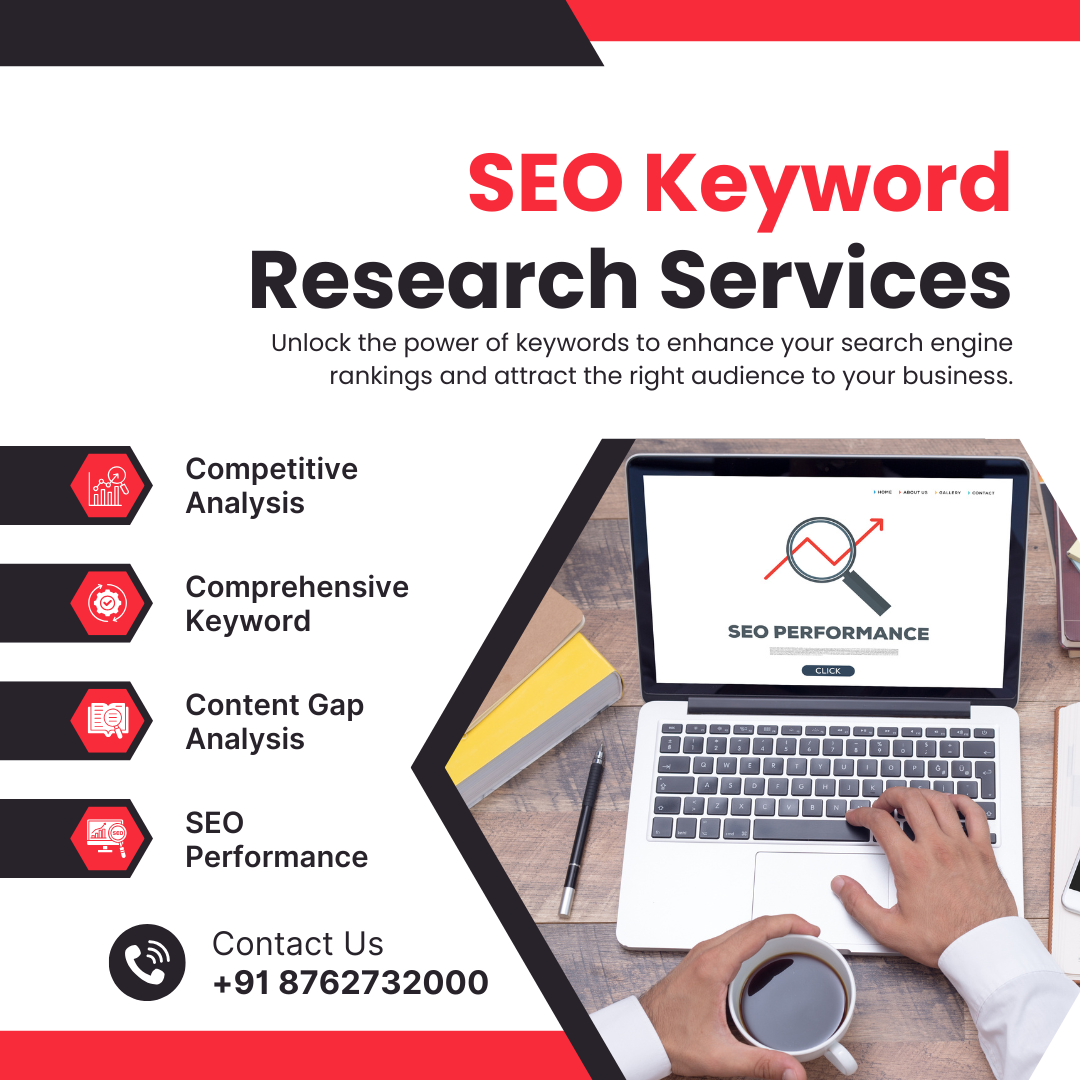In the era of data-driven decision-making, data monetization is not just about analyzing numbers—it’s about transforming insights into actionable strategies, creating new revenue streams, and driving business innovation. Companies in Mangalore and Bangalore, regardless of their industry, have a wealth of data at their disposal. Leveraging this data to generate revenue, improve operational efficiency, and make strategic decisions is key to staying competitive in today’s fast-paced market. Data monetization services offer businesses the tools and strategies to harness data as a valuable asset, drive strategic initiatives, and unlock growth opportunities.
The first step in data monetization is Data Analytics and Business Intelligence. A robust business intelligence system provides insights into customer behavior, sales trends, market dynamics, and operational efficiency. In Bangalore, where companies deal with large-scale databases, e-commerce platforms, and SaaS tools, business intelligence focuses on customer acquisition analytics, sales conversion tracking, and predictive analytics to forecast trends. In Mangalore, where industries include retail, manufacturing, and agriculture, business intelligence dashboards analyze inventory turnover, supplier performance, and sales transactions, ensuring timely decisions that drive profitability and efficiency. Utilizing business intelligence tools and dashboards allows companies to identify trends, forecast demand, and improve decision-making, which translates directly into revenue growth.
Data-driven Marketing Strategies are another essential aspect of data monetization. Companies in Mangalore and Bangalore can use customer data to personalize marketing campaigns, optimize digital channels, and increase engagement and conversion rates. In Bangalore, digital marketing efforts often include targeted ad campaigns, SEO strategies, and content personalization, leveraging data to optimize customer journeys and improve ROI. In Mangalore, marketing strategies revolve around local promotions, social media engagement, and personalized sales campaigns, ensuring businesses connect with customers through the most effective channels. By using data to understand customer preferences and behaviors, businesses can create highly targeted campaigns that drive engagement, increase footfall, and boost sales.
Monetizing Data through AI and Machine Learning is another advanced strategy for data monetization. In Bangalore, where technology companies and startups thrive, machine learning models analyze patterns and automate processes, optimize pricing strategies, and forecast market trends. Machine learning algorithms help companies make accurate predictions about demand, optimize supply chains, and improve customer service operations, which in turn, enhances profitability. In Mangalore, machine learning tools are applied to predict manufacturing output, optimize inventory levels, and automate point-of-sale transactions, ensuring operational efficiency and cost savings. Embracing machine learning for predictive analytics and automation allows businesses to maximize efficiency, reduce waste, and increase scalability.
Data Monetization through Strategic Partnerships is another effective way businesses can leverage their data. By sharing insights with partners, suppliers, and stakeholders, companies can create new revenue streams and foster mutually beneficial relationships. In Bangalore, strategic partnerships often involve sharing customer analytics with e-commerce platforms, integrating data with SaaS tools, and collaborating with technology providers to improve product offerings. In Mangalore, businesses collaborate with suppliers, logistics companies, and point-of-sale vendors, exchanging data to streamline operations, reduce costs, and improve supply chain efficiency. Strategic data partnerships enhance transparency, optimize logistics, and increase operational profitability across all departments.
Data Monetization Models, including subscription-based analytics services and premium reporting tools, also offer substantial revenue opportunities. Companies can provide subscription services for market insights, predictive analytics tools, and customized dashboards. In Bangalore, subscription models often include access to cloud-based analytics tools, software integrations, and premium dashboards for real-time data visualization. In Mangalore, businesses can offer custom reporting solutions for manufacturing data, retail analytics, and point-of-sale transactions, providing insights that improve efficiency and profitability. These models generate recurring revenue while offering clients critical insights that drive strategic decision-making.
Compliance and Data Governance in Monetization Strategies are critical to maintaining data integrity and ensuring legal compliance. In Bangalore, compliance often revolves around GDPR adherence, data protection protocols, and regulatory standards across SaaS platforms and cloud infrastructure. In Mangalore, data governance ensures compliance with local business regulations, supplier agreements, and industry-specific operational guidelines. Proper governance structures maintain transparency, protect customer information, and build trust with partners and stakeholders, ensuring that business operations remain compliant and sustainable. Adopting best practices in data governance protects against legal issues, minimizes risks, and maintains a company’s credibility in the market.
Customer Insights and Personalization Strategies are at the heart of successful data monetization. Analyzing customer data enables businesses to create personalized experiences, tailor offers, and improve engagement across every touchpoint. In Bangalore, customer insights drive AI-driven personalization in e-commerce, CRM integration, and SaaS platforms, ensuring every interaction maximizes customer satisfaction and loyalty. In Mangalore, personalization strategies focus on retail promotions, customized point-of-sale interactions, and local supplier relationships, ensuring that every transaction and engagement is optimized for customer satisfaction. Personalization increases customer loyalty, enhances brand reputation, and boosts sales.
Operational Efficiency through Data Integration is a key benefit of data monetization. Integrating data across various departments and business tools creates a seamless ecosystem where every process is optimized for efficiency. In Bangalore, integration solutions often include CRM, ERP, and cloud-based tools, ensuring departments work in sync with real-time data sharing and communication. In Mangalore, operational integration focuses on manufacturing software, inventory systems, and point-of-sale tools, ensuring seamless operations from suppliers to end consumers. A well-integrated system minimizes errors, reduces operational inefficiencies, and maximizes productivity across all business units.
Scaling Data Monetization through Cloud Solutions is a scalable and cost-effective approach. Cloud-based solutions allow businesses to store, analyze, and monetize data without heavy upfront infrastructure costs. In Bangalore, companies leverage cloud services for data warehousing, analytics, and real-time collaboration tools, ensuring scalability and flexibility. In Mangalore, cloud integration solutions focus on local inventory databases, supplier management tools, and point-of-sale systems, ensuring that businesses scale operations effortlessly without compromising performance. Cloud solutions provide flexibility, scalability, and cost efficiency while ensuring data accessibility from any location.
In conclusion, data monetization is not just about creating revenue streams—it’s about transforming business intelligence into actionable insights, strategic partnerships, and operational efficiency. Whether through AI-driven analytics, cloud integration, personalized marketing strategies, or compliance-driven governance, businesses in Mangalore and Bangalore can leverage data as a powerful asset. Effective data monetization strategies drive revenue growth, improve operational efficiency, enhance customer engagement, and build sustainable, competitive enterprises, ensuring long-term success and resilience in the dynamic business landscape. Investing in robust data monetization services ensures that companies remain agile, resilient, and prepared for future growth opportunities in an ever-evolving market landscape.
Cross-functional Categories:
Data Monetization, Business Intelligence, Cloud Services, Analytics, AI & Machine Learning, Digital Marketing, IT Infrastructure, Strategic Partnerships
Relevant Tags:
data monetization services, business intelligence, cloud integration, predictive analytics, AI-driven insights, customer engagement, operational efficiency, data-driven marketing, compliance and governance, subscription analytics, Bangalore data monetization, Mangalore business analytics



